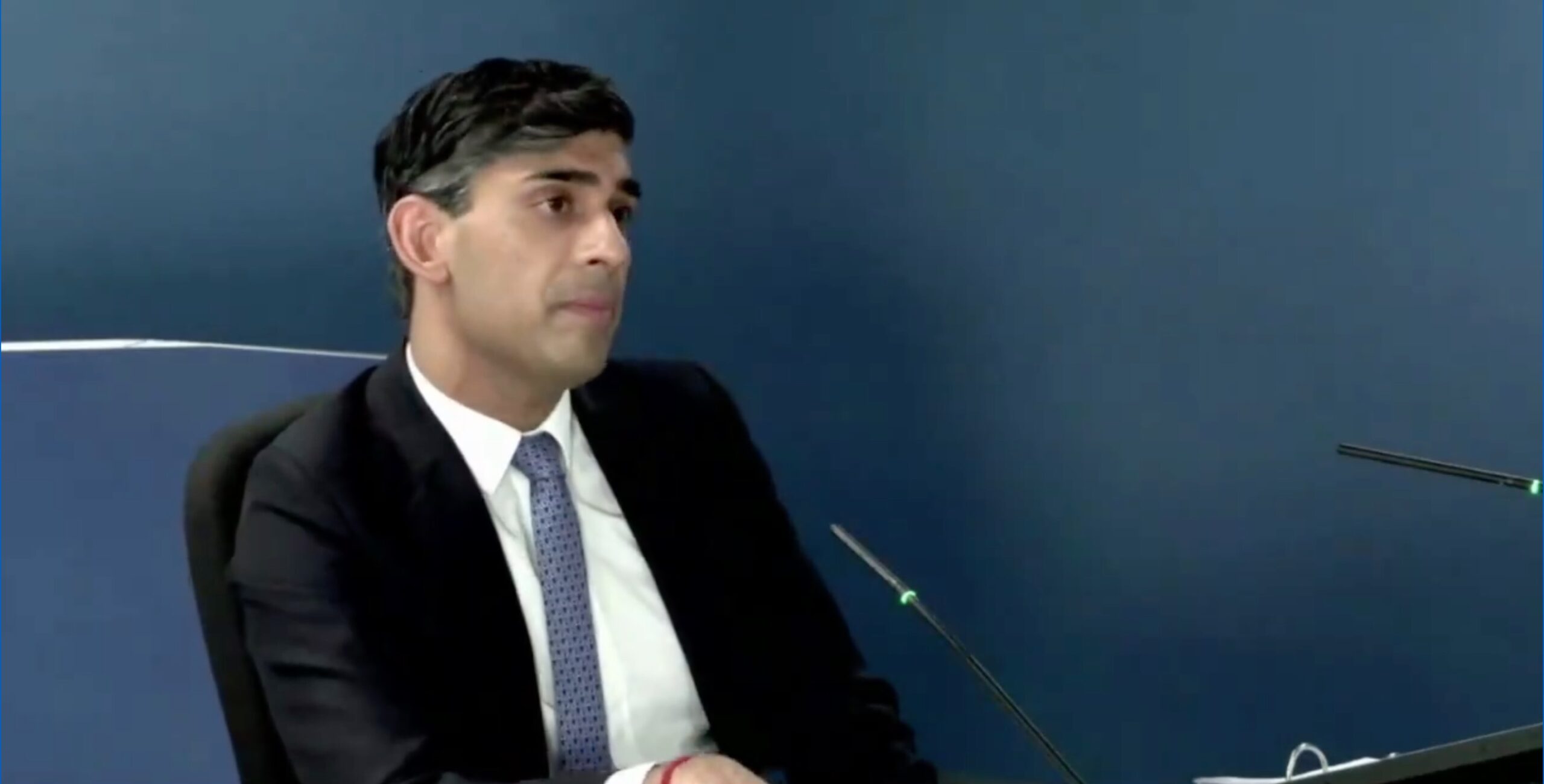Dubbed “Dr. Death” for allegedly putting the economy ahead of lives during the pandemic, Prime Minister Rishi Sunak hit back at his critics yesterday. Unlike other Cabinet ministers, the former chancellor was not afraid to discuss the longer-term economic consequences of lockdown, arguing that the UK did a poor job of transparently discussing the costs and benefits. “Many of these impacts are not felt immediately,” he told the hearing. “They are felt over time. And that was a tough thing to deal with.”
Indeed, the long-term consequences of lockdowns remain underappreciated. One analysis published in August 2020 suggested lockdown harms in England were five times larger than benefits, while others have estimated much higher ratios. A recent report from the Centre for Social Justice claims that lockdown had a “catastrophic effect” on the UK’s social fabric, widening the division between the well-off and those who struggle financially.
Many use the Quality-Adjusted Life Year, or QALY, a standard metric in health economics that attempts to holistically measure reductions in quality of life. In a major new admission, the Prime Minister pointed to findings from Imperial College London and the University of Manchester that “applied a QALY analysis to the first lockdown” and “which suggested that the lockdown in its severity and duration was likely to have generated costs that are greater than the likely benefit”.
Yet this was dismissed by the inquiry barrister, Hugo Keith KC, who said that “we’re not interested in QALYs”.
Why not? After all, this was perhaps the only time a Government minister has acknowledged that the costs of the first lockdown exceeded any likely benefits. Sunak then noted the “enormous anxiety” at the Treasury in 2020, and argued that current historically high UK tax levels were a consequence of lockdown borrowing.
This is unquestionably true. Government spending during the crisis is estimated to have reached between £310 billion and £410 billion, much of which was used to mitigate the social blowback from non-pharmaceutical intervention (NPI) restrictions. Now, thanks to inflation and cuts in Government spending, public services — from criminal courts to hospitals to schools — have continued to deteriorate compared to pre-Covid times. According to some, they may have entered a “doom loop of decline”.
Instead, the inquiry targeted the “Eat Out to Help Out” campaign, which has been erroneously linked to the surge of Covid in autumn 2020. Sunak’s scheme provided a 50% discount on meals and drinks in pubs and restaurants for three days a week for the month of August 2020. It subsidised 160 million meals at a cost of £840 million, although the economic benefits remain unclear.
Sunak’s defence again invoked the need to study the harms of lockdown. Addressing concerns that he had not consulted scientists or health officials about Covid risks, he called the scheme a “micro-policy” implemented in the context of the Government’s overall reopening plans to safeguard millions of jobs and restart the economy. It was “reasonable, sensible and the right thing to do”, he stated, comparing it to other fiscal measures such as VAT cuts or furlough that traditionally do not require scientific rubber stamps.
In response, Hugo Keith reiterated his own biases, suggesting that Eat Out to Help Out “encouraged more people, additional numbers from different households, to come together in restaurants to eat […] It wasn’t just a fiscal issue: it was a behavioural matter.”
The inquiry’s disdain for QALYs and cost-benefit analysis is symptomatic of our flawed mental model of the Covid years. Sunak, by his own admission, was repeatedly frustrated in trying to incorporate this into Government decision-making at the time. The inquiry had a rare opportunity to question the former chancellor about trade-offs and the harms of Covid policies. Yet rather than pursue lockdown scepticism as a legitimate path of investigation, the inquiry blew it. Again.










Join the discussion
Join like minded readers that support our journalism by becoming a paid subscriber
To join the discussion in the comments, become a paid subscriber.
Join like minded readers that support our journalism, read unlimited articles and enjoy other subscriber-only benefits.
Subscribe